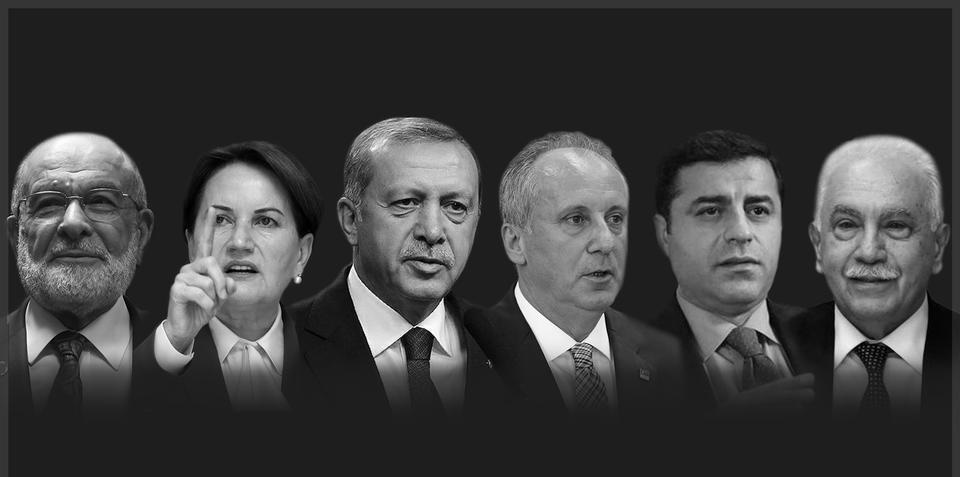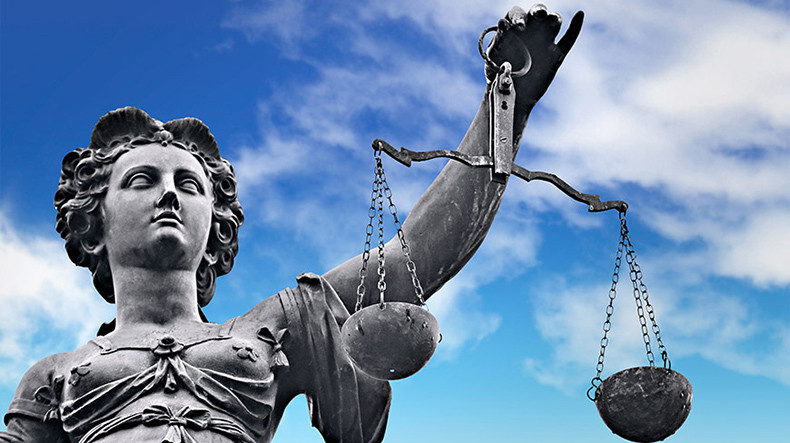[authorbox authorid=”29″ ]
[dropcap size=big]T[/dropcap]urkey’s 24 June elections are arguably the most critical in the country’s last 40 years of political history. The 2017 constitution referendum has defined the new presidential system of government that will replace the current parliamentary system and it is the one under which the winners of the joint presidential and parliamentary ballot will rule for the next five years.
The new President is expected to address a number of difficult issues, on top which lies the crumbling economy. However, other issues are also pressing, such as, Turkey’s foreign policy vis-a-vis its strained relations with the US and also the EU, the deep polarization of the Turkish society and the Kurdish issue. In regard to the latter, there is an interesting array of pre-election approaches among the non-Kurdish candidates. What makes it even more interesting, is that all political entities that support the three major presidential candidates have waged wars against Turkey’s Kurds in the past; the same people whose votes they are attempting to secure today.
R.T. Erdoğan
President Erdoğan has travelled through the spectrum regarding the Kurdish issue within the last 16 years of his rule. He has gone from publicly accepting the existence of the Kurdish issue and rejecting the kemalist parties’ decade-old, dead-end, military approach, to dismissing all efforts for a solution of the Kurdish issue, terminating the ceasefire with the PKK in 2015 and rejecting the very existence of the same issue he blamed all prior to 2002 governments of not doing enough to solve it. On 6 January 2016, in a speech he delivered addressing muhtars in the presidential palace, he stated that the AKP has closed the matter since 2005. “There is no [Kurdish] problem in Turkey anymore. We closed that matter in Diyarbakır in 2005. There is a terror problem in Turkey”.
His tactics were seemingly pro-Kurdish as long as the Kurdish vote was the target and as soon as the latter’s cost in nationalist support rose, he rejected the Kurds and turned to the nationalist MHP, in an alliance that practically merged the two parties. He started a clampdown on HDP MPs since the 2015 collapse of the ceasefire with the outlawed Kurdish Workers’ Party (PKK), several of which are still in jail today, including former HDP leaders S. Demirtaş and F. Yüksekdağ. Prosecutors charged elected officials with terrorist offences and linked them to the PKK, while scores of HDP mayors and other local officials were replaced by trustees appointed by the central government in Ankara. That was the end of a policy that Kerem Öktem called “pragmatic problem management, misunderstood by many as a major softening in Turkey’s security-minded Kurdish policy”.
On 6 June 2018 the president reiterated on his past statement, that the there is no Kurdish issue. “We do not say there are no Kurds, we say there is no Kurdish problem,” Erdoğan said and elaborated that no one should be searching for a state for Turkey’s Kurds. “The Kurds’ state is the state of the Turkish Republic” he said.
Erdoğan’s political manoeuvring affected also the Kurdish populations in neighbouring countries, specifically Syria and Iraq, which will certainly backfire if he attempts a political opening towards the Kurds. Ankara’s notorious stance towards the Syrian civil war and the Islamic State in the Kurdish inhabited parts of the country has caused outrage within the Turkey’s Kurds, while the 2018 Afrin invasion and the threats towards Manbij were the last straw.
KRG’s 2017 independence referendum was the turning point on Ankara-Erbil relations that took a nosedive, despite Barzani being Ankara’s closest regional ally at the cost of damaging its relations with Baghdad. Ankara sided with the government of Iraq in the latter’s attempt to impose its federal authority on the Kurdistan region while Erdoğan hinted that Turkey could set in motion an operation in north Iraq, similar to the ‘Euphrates Shield’ in north Syria, targeting Kurdish militants.
Overall, President Erdoğan is focused on securing the nationalist support and in the last three years he has rigorously worked towards weakening the Kurdish political power, both in and out of the country. He has left no room for doubt over his intentions on handling the Kurdish vote, therefore no reasons for the Kurds to support him.
M.Akşener
Meral Akşener, a former MHP member and former DYP Minister, is the leader of the newly founded İyi Parti, an offshoot of the nationalist MHP that was founded on 2017 mainly by disgruntled members of Bahçeli’s party. The İyi parti is a nationalist, secularist and liberal conservative party that adheres to Mustafa Kemal’s principles and follows a centrist political ideology. Akşener’s tenure as DYP’s Interior Minister in 1995-6, was during a very poor period regarding state violations of human rights in Turkey’s southeast, while Kurdish voters have always been wary of nationalist politicians. Regardless of her insisting that her party is open to all identities, Akşener’s task in convincing Kurdish voters to back her, is at the very least steep.
Other than speaking in general terms about respecting minority groups’ rights and preserving the nation’s identity, she has not been referring much to specific plans on addressing the Kurdish issue. It looks rather unlikely that Turkey’s Kurds will support her.
M.İnce
The CHP candidate, Muharrem İnce, who is considered the main challenger to Erdoğan in the presidential election, has accepted on 10 May at his election rally in Hakkari, that there is a Kurdish problem in Turkey and he called for the release of the former leader of HDP, Selahattin Demirtaş. He has also stressed that he had opposed the lift of legislative immunities in 2016 that led to the incarceration of HDP MPs and he had criticized the President’s influence on the judiciary.
İnce is trying to increase his influence on the Kurdish segment of the society, something that would be considered practically impossible under normal conditions, given CHP legacy on the Kurdish issue and the fact that the majority of its lawmakers backed the AKP’s move to strip MPs of immunity from prosecution in 2016, essentially targeting the HDP. İnce, however, could present a notable exception, since he has focused on the Kurdish issue -as opposed to Meral Akşener. After distancing himself from his party’s decision on the lift of MP immunity, he remained an outspoken critic of the AKP government and pledged to solve the Kurdish problem in parliament. On 4 June, he called it “an issue of political ethics, as well as one of democratization and freedom, with cultural and economic aspects”, as a response to the president’s earlier comments that there is no Kurdish issue.
Turkey’s Kurds are in an awkward position, because their options are already limited in the first round. However, in a possible second round, they will need to vote for one of the main presidential candidates, since the HDP’s Selahattin Demirtaş can’t possibly be one of the two that will potentially confront each other in such a scenario. It is a case of the lesser of three evils, where the CHP candidate, Muharrem İnce, seems to have an advantage over the other two, mainly because he is the only one that has actively pursued influence on the Kurds. Still, regardless of İnce’s intentions, Kurdish memory of the CHP will play its part, therefore the possibility of high rates of abstention, especially in the southeast provinces, seems to be likely.
Opinions represented at PPJ belong solely to the contributor of the piece and do not represent any other people, institutions or organizations that the contributor may or may not be associated with in professional or personal capacity, unless explicitly stated.
- Regional dynamics, the failure of the Sochi Agreement and Turkey’s role in the brewing crisis in northwest Syria - 21/05/2019
- Elections in March, Hydrocarbons in Cyprus and Erdoğan’s Nationalist Footsteps - 04/12/2018
- Andrew Brunson’s release and US-Turkish relations: a tale of two stories - 23/10/2018


